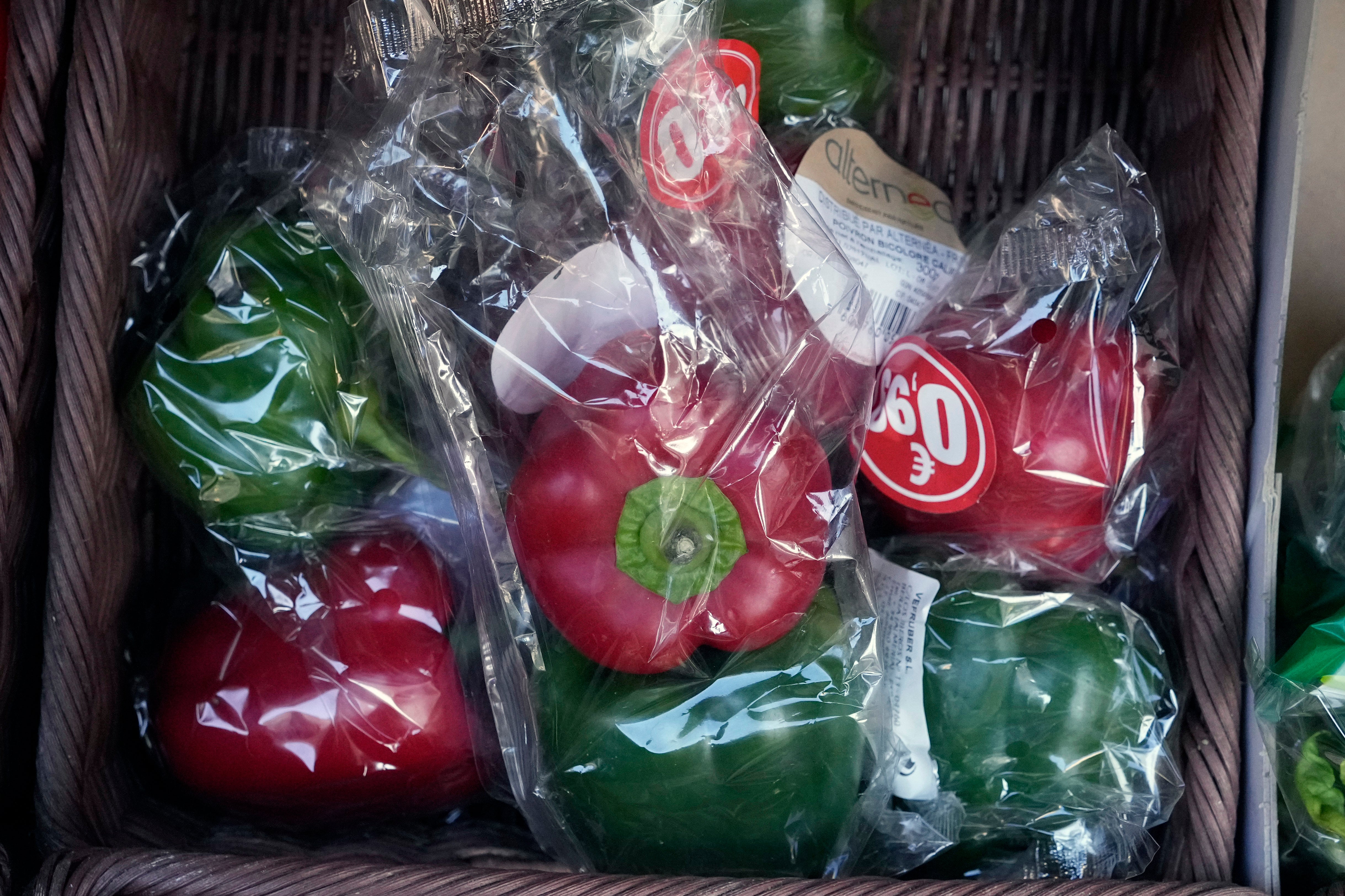France urges green habits with new car ads, bans on plastic
French customers will be encouraged to adopt more environmentally friendly habits under a series of new regulations to take effect in 2022

No more plastic packaging around fruits and vegetables and car ads promoting walking and cycling instead of driving: in 2022, French customers will be encouraged to adopt more environmentally friendly habits under a series of new regulations.
The measures promoted by President Emmanuel Macron s government are meant to reduce pollution and the impact of cars on greenhouse gas emissions.
Beginning Saturday, leeks and carrots, tomatoes and potatoes, apples and pears and about 30 other items will no longer be sold in plastic. Instead, they should be wrapped in other recyclable materials. Plastic will still be allowed for more fragile fruits such as berries and peaches, but is to be gradually banned in the coming years.
The government says the new regulation is expected to eliminate about 1 billion items of plastic waste per year.
Magazines and other publications will also need to be shipped without plastic wrapping, and fast-food restaurants will no longer be allowed to offer free plastic toys to children.
In the the coming year, French car ads will be required to include a message encouraging people to consider greener transportation. Starting from March, they will have to mention one of three messages: “For short trips, prefer walking or cycling,” “Think about carpooling” or "On a daily basis, take public transport."
According to a decree published this week, the new regulation will apply to ads on television, radio, newspapers, billboards and online. Advertisers who do not comply will face a fine of up to 50,000 euros ($56,652) per run.
Similar mandatory messages have already been part of ads for processed foods since 2007 in France like “For your health, avoid eating too fatty, too sweet, too salty.”
The transport sector in France is responsible for about 31% of greenhouse gas emissions, half of that generated by private cars.
Also in 2022, French phone operators and internet providers will be requested to communicate to their customers an estimate of greenhouse gas emissions generated by their activity online and usage of mobile phones.
The move is meant to raise greater public awareness of the environmental impact of digital technology. Emissions are notably generated by data centers, which use energy to create data clouds. A Senate report last year found that the sector accounted for 2% of greenhouse gases in 2019 in France.
___
Follow all AP stories about climate change at https://apnews.com/hub/climate.